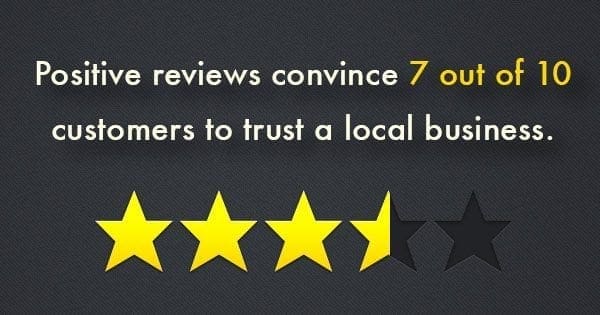The Biggest Blogging Mistakes Businesses Make
When businesses and organizations decide to start up their own search engine optimization or content marketing campaign, it’s very easy to feel overwhelmed by the whole process at first. Not only is it necessary to work on website development before any marketing can take place, but you also have to decide if you want to focus on search engine optimization or on content marketing, on social media marketing or on email marketing. There are so many different ways to run an online marketing campaign these days that it can be tough to figure out what you’re doing right — and what you’re doing wrong.
One of the most common components of content marketing that businesses decide to do themselves is to run their own blog. Unbeknownst to many business owners, blogging really is hard work and it takes up a lot of time. When you aren’t doing it correctly, it doesn’t provide much of a return on your investment, either!
So with that in mind, here are some of the most common mistakes that business owners make in their blogs:
- Writing blog topics that aren’t contributing to a bigger goal
It’s important to have a plan in mind before you start writing blogs; this will help decide what types of blogs to write and how to distribute them. A blog optimized for social media sharing may not be the best blog for a keyword-focused SEO campaign.
- The writing is too formal and unnatural
Blogging is a way of building your organization’s brand and encouraging readers to connect with you. Your writing should sound more informal in a blog post than it would sound in a newsletter or official email.
- Using too many pictures… or not using enough
It’s usually not a good idea to fill your pages with pictures and videos, mostly because it will slow down the load time of your pages. But if you don’t have any graphics on your blog post pages, you might not be getting much traffic. Visuals really do matter here: it only takes visitors about 50 milliseconds to form an opinion about your business based on your website, and the average site visitor only reads about one-quarter of the written content on any given page.
- The posts aren’t actually encouraging audience engagement
This is a big part of content marketing — or it should be, at least. If you want to focus on drumming up local business, you’ll want to encourage people to leave reviews (because positive reviews convince seven out of 10 customers to trust a local business) and you’ll want to encourage your readers to engage with your posts online by commenting, sharing, and re-posting.
If you’ve been in charge of managing an organization’s blog before, what mistakes have you been guilty of making? What tips would you give to another business on managing a great blog? Be sure to share your thoughts with us in the comments!



